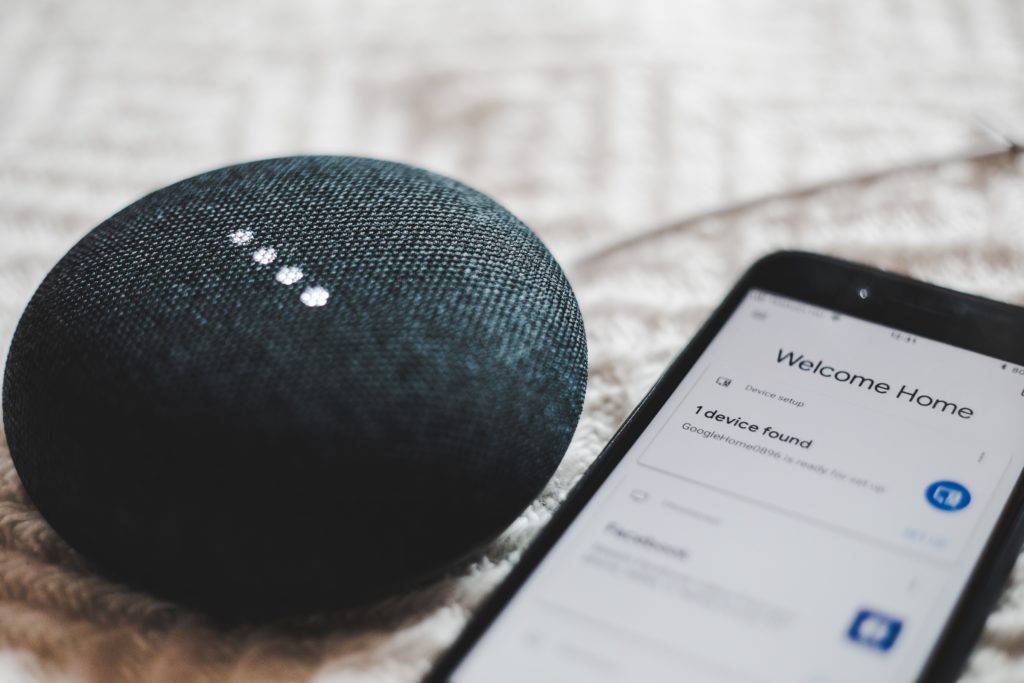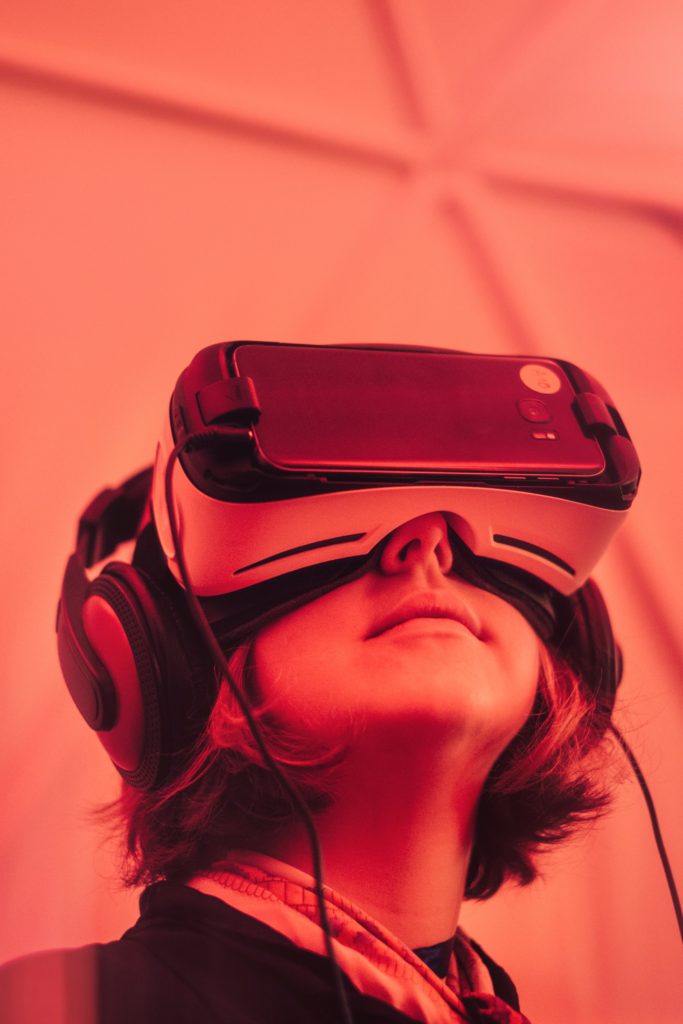Top 5 Current and Emerging Trends in Information Technology in 2022
According to Statista, emerging trends in information technology represent 17 percent of the world’s IT market, which means that these technologies could have a great impact on the everyday activities of human beings in the coming years.
In this guide, you will discover the top five current and emerging trends in information technology.
Artificial Intelligence

According to Deloitte, AI investments rose by 32 percent in 2018 thanks to the increase in the amount of money spent on machine learning, deep learning, and natural language processing.
AI is used in data analytics, medicine, human resource, customer relations, and manufacturing. Some examples of AI applications include speech recognition, search engines, autopilot on commercial fights, and email spam filtering.
As one of the emerging trends in information technology, AI offers benefits such as:
- Improving automation
- Eliminating the need for people to perform monotonous tasks
- Removing human errors
- Helping in radiosurgery
However, it is expensive to develop and maintain AI projects, thus, slowing down the pace of adoption. In addition, AI-driven machines are not creative, imaginative, and adaptive like human beings. Artificial intelligence can also displace people offering low-skilled labour hence leading to unemployment.
Emerging trends in information technology like AI could be game changing since it is expected that the number of robots working alongside people will increase.
Blockchain Technology

Blockchain technology use cases range from banking, agriculture, and healthcare to supply chain, cybersecurity, government services, and elections.
In 2019, more people will begin to view blockchain technology separately from cryptocurrencies, interoperability between different types of blockchain could be enhanced, and blockchain-as-a-service could become more popular. Some companies like Oracle are already offering enterprise blockchain solutions.
Blockchain technology can operate together with other current trends in information technology such as IoT and machine learning.
The blockchain has several benefits such as:
- It prevents the manipulation of recorded data
- Data recorded on a blockchain cannot be deleted
- It offers transparency and traceability
- Blockchain data is of high-quality since it cannot be recorded unless it is accurate
- Blockchain can lower the duration of making a financial transaction as well as reduce the cost
Nevertheless, blockchain technology has the following disadvantages:
- The regulation of blockchain technology is uncertain in most countries
- Shifting from traditional systems to a blockchain network could be expensive
Other developments that you could expect in the blockchain space in 2019 include hybrid blockchains, federated blockchains, and more user-friendly blockchain solutions.
Internet of Things (IoT)

In a world where technology is dominant, IoT enables human beings to enjoy an ecosystem where many devices can communicate with each other via the Internet. IoT can also include devices that are usually not connected to the Internet in its network. By 2021, the world could have about 25 billion IoT devices as Research Company Gartner reported.
Like most other emerging trends in information technology, IoT has a wide range of use cases such as manufacturing, smart cities, farming, healthcare, retail, energy, supply chain, and wearables like smartwatches.
IoT offers the following advantages:
- It is easy to access information remotely in real-time
- The communication among devices leads to increased efficiency
- It reduces costs by decreasing the number of tasks that individuals have to do
- When used in a business setting, IoT improves customer experience
However, IoT has a few drawbacks as follows:
- Connecting devices to the internet increases the risk of data privacy and security
- The automation of tasks reduces the need for human labour
- A single hitch in an IoT network can affect the entire system
Augmented Reality (AR)

AR is used in smartphone apps which means it could have a huge impact on day-to-day activities such as shopping. Some companies that are investing in this technology include Google and Samsung.
In 2019, it is expected that the use of AR in marketing and advertisement could improve thereby enhancing customer engagement. Other AR use cases include medical training, classroom teaching, retail, interior design, tourism, logistics, and entertainment.
Augmented reality shows significant potential with these benefits:
- It is easily adaptable
- It enhances interactive communication
- It improves the way people learn in a classroom
- It expands the abilities of devices such as mobile phones, gaming consoles, and wearables
- It improves user experience
Data privacy and security is also an issue for AR. Other challenges include:
- Possible danger due to reality modification. For instance, a few accidents and deaths were associated with Pokemon Go
- Implementing AR is expensive
5G Technology

Although this technology is still in the development stage, Verizon launched the first 5G network in April 2019. 5G is expected to drive the further development of other trends in information technology such as IoT, robotic surgery, virtual and augmented reality, and drone delivery. 5G networks are expected to launch across the globe by 2020.
5G technology will be used in fixed wireless devices, mobile phones, smart cities, self-driving cars, security infrastructure, and industrial automation.
The adoption of 5G will offer advantages such as:
- Faster internet speeds
- Increased development of other current and emerging technologies
- It will promote digital growth
Nevertheless, 5G technology has numerous disadvantages as follows:
- It is expensive to put up 5G infrastructure
- Some countries do not have the technological infrastructure to support the high 5G speeds
- People will need to buy new devices that are 5G compatible.
The above-mentioned trends in information technology are intriguing enough to make one wonder how the world will look like a decade from now. However, data privacy and security is a common challenge that some of these technologies are facing. It will, therefore, be interesting to see how these issues will be solved by new technologies in the future.


How Mobile Apps are Changing Sports Betting

Weekly Roundup: Africa’s Cassava Network Partners with UniPass to Expand Crypto Adoption in Africa & More

Weekly Roundup: Kenyan Senate in Discussion with CBK to Legalise Bitcoin & More

Weekly Roundup: South Africa Introduces New Cryptocurrency Standards to Advertising Code & More

ND Labs Launches Crypto Exchange Software Development

Weekly Roundup: African Web3 Mobile Games Publisher Carry 1st Secures $27M in Funding & More

Weekly Roundup: Morocco’s Central Bank Announces Completion of Draft Cryptocurrency Regulatory Framework & More

Weekly Roundup: Nigeria Looking to Legalise Cryptocurrency Usage, CAR’s Sango Coin Postponed & More

Weekly Roundup: South African Crypto Exchange VALR Launches in Zambia & More



